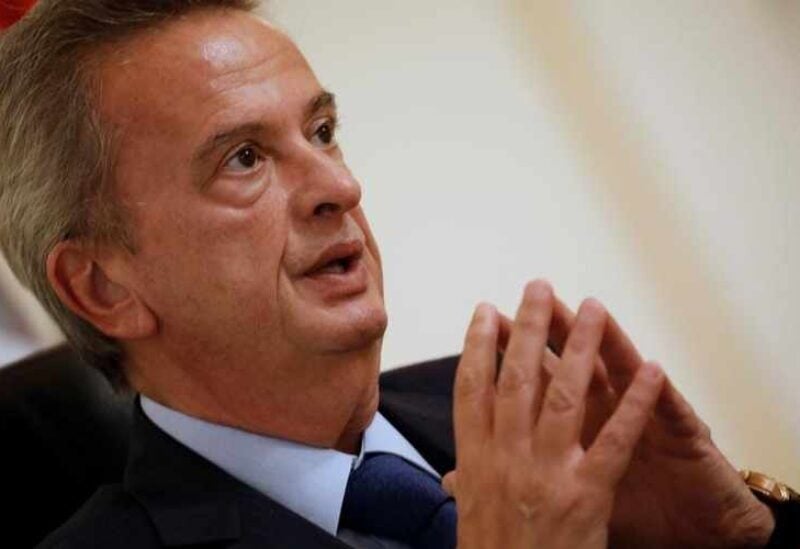
Central Bank Governor Riad Salameh
The unprecedented economic and financial meltdown in Lebanon, which led to dramatic repercussions on citizens’ living and life conditions, is still observed by the international community and international financial and economic institutions. Demands for carrying out basic reforms are priority to start providing assistance and support to the state. These demands come at a time when the government is busy in studying the budget for approval, and then referring it to the Parliament.
The delegation headed by Deputy Prime Minister Saadeh Shami and Central Bank Governor Riad Salameh and the Ministers of Finance and Economy continues their consultations with the International Monetary Fund (IMF) on a daily basis to inform it about the recovery plan, and set notes and amendments required to the plan by the fund.
Economic sources following up on consultations with the IMF confirmed to Sawt Beirut International (SBI) the seriousness of discussions between the Lebanese delegation and the IMF, and indicated that all remarks are meticulously recorded to work on amending points to improve the draft plan and reach its final approval, which is expected late March.
The sources revealed the items of the plan according to their arrangement, starting with the item related to state revenues and imports, then the public debt and monetary policy. Then the plan moves to talk about the dollar exchange rate, balance of payments, and restructuring the banking sector, as well as restructuring reforms from the government and reactivating the public sector. It also includes an item related to the social contract, which means social protection, pension system, health, education and competition law. The plan also includes the issue of infrastructure, such as electricity, transport, and water sectors, as well as the IT file, and finally, the economic, agricultural and industrial conditions, meaning that it deals with all the basic affairs and files in the state that can be developed and repaired.
The sources stressed the importance of implementing these reforms, because things cannot continue as they have been in the past 15 years, especially with regard to the electricity sector. It is known that all ministries and public institutions are exempt from paying bills, and there are some regions where bills are not collected for several reasons, including the Palestinian and Syrian camps, which means that the state loses about $170 billion from bills that are not collected. The sources clarified that it is impossible to get out from this tunnel without carrying out reforms, and without the help of the IMF, which is estimated at about $3.4 billion, which can help us get CEDRE’s funds.
The sources pointed out that the Gross Domestic Product (GDP) in 2017 was $54 billion, and dropped by 60% reaching $22 billion currently. This is a frightening number, especially that in normal economic conditions, growth should be between 5% to 6% annually. The GDP should be $70 billion, but unfortunately it has become $22 billion, and this indicates the difficult conditions we have reached.
The sources considered that the government aims today to avoid a major collision, after the volume of expenditures in the treasury reached $2.2 billion, compared to $17 billion.
The sources admitted that the budget is not completely ideal, but as Finance Minister Youssef Khalil said, it is a budget that “seeks for a transitional phase aimed at securing stability.”
These sources indicated that there is no increase in taxes in this budget, but rather there is a correction and modification of some basic fees related to the dollar exchange rate in order to improve the functioning of the facilities.
The sources stress the need to unify the dollar exchange rate, through imposing stricter control on tax evasion, and to reconsider the customs dollar, noting that there are 70% of food items and medicines are exempted from tax.
The sources pointed out that the state’s revenues from the tax on banking interests were around $1 billion, but now, in the absence of deposits, the state has lost this source of income.
Regarding the President of the Republic and his political team’s demand to dismiss the Central Bank Governor Riad Salameh from his position, the sources considered that it is impossible to dismiss him at the present time because this matter means the dismissal of his four deputies and in the current circumstances it is not possible to do so, especially amid the negotiating process with the IMF. Salameh is aware of all the financial matters and his dismissal make it impossible to continue these negotiations, which means that there is a great possibility of suspending it.